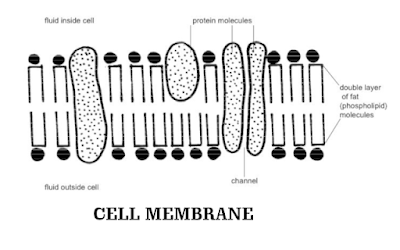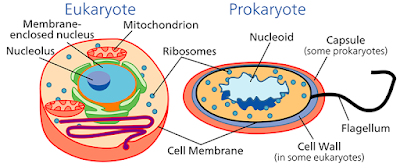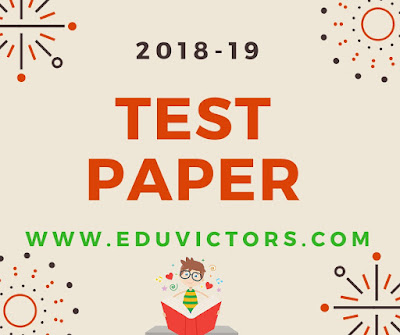Improvement in Food Resources
Very Short Answer-Based Questions (Part 1)
Class 9 Science
Blog provides NCERT solutions, CBSE, NTSE, Olympiad study material, model test papers, important Questions and Answers asked in CBSE examinations. References to Educational Sites and resources.




 |
| Plasma Membrane Diagram Image Credits: Ruth Lawson. Otago Polytechnic Wikimedia |

 |
| Cell Types: Prokaryotes and Eukaryotes Image credits: Wikimedia |















Please turn off the ad blocker. This is only way that we can earn some penny. Please support us by trun off the ad blocker.
Thank you!!